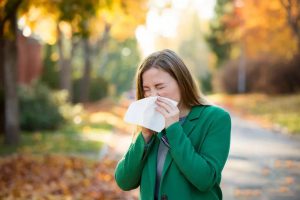
Ahchoo! Ahchoo! Ahchoo!
It’s cold recently. Many people catch a cold accidentally.
Most people’s attitude towards colds is: it’ll be fine in a few days; No need to take medicine and just drink more water
Then you misunderstand cold!
Obviously, drinking more water does get better quickly. Why can’t you drink more water when you have a cold? Cold is always good, what problems need to be vigilant? Let’s see.
What’s the difference between the common cold and the flu?
Cough, sneezing, stuffy nose and runny nose are the basic “standard” symptoms of nasopharyngitis in the early stage, which is actually a common cold.
Influenza (Flu), though having the word “cold”, has similar symptoms. It spreads through droplets of air and contact with contaminated substances, but they are two different diseases.
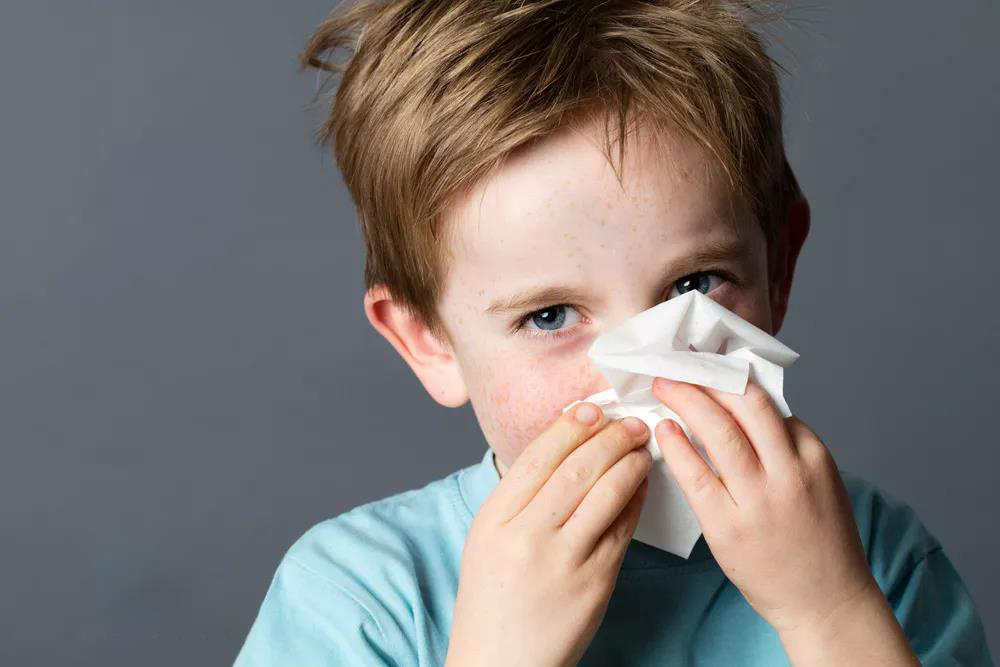
Most common cold are infectious diseases caused by rhinovirus and other viruses. They are mainly sporadic. Influenza is caused by influenza virus, which has the highest incidence rate, rapid spread and short epidemic process in winter and spring.
The common cold has an acute onset but mild systemic symptoms. It often has symptoms such as dry throat, sneezing, stuffy nose, clear nose, hoarseness, sore throat and so on. In severe cases, it has fever, cough and so on. Generally, it can be cured in 5-7 days.
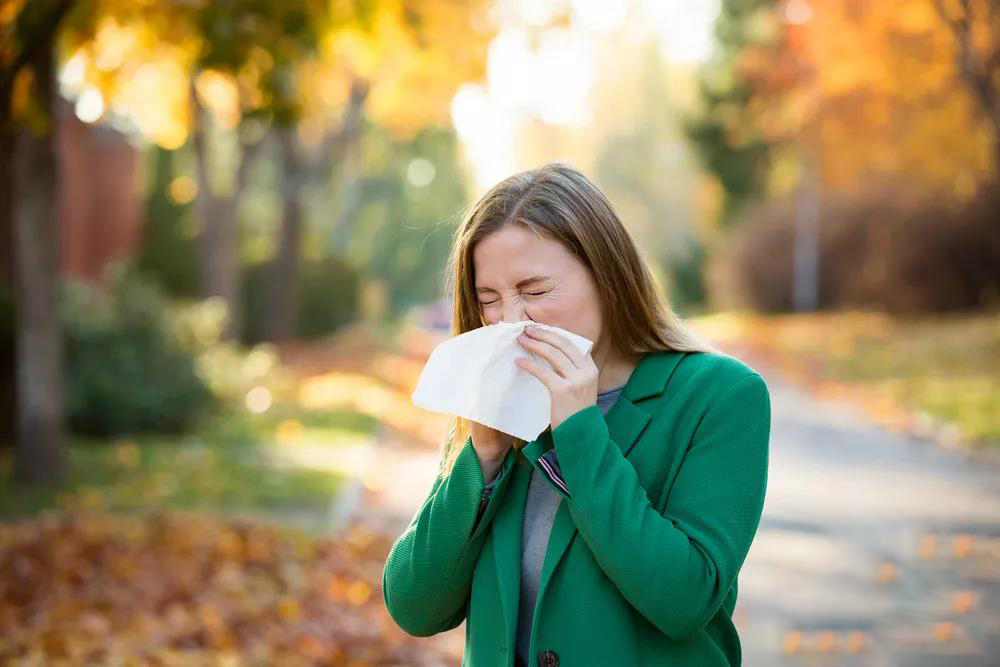
The symptoms of influenza are serious, mainly including fever, cough, throat, muscle pain and other symptoms, flushed cheeks, poor spirit and slow physical recovery.
Drink plenty of water when you have a cold, right?
Most people will drink more water during a cold, and they will get better soon, but others say that drinking a lot of water during a cold will cause water poisoning.
Which is correct?
When cold symptoms are mild, there is no need for treatment, pay attention to rest, drink water appropriately or drink more water than usual;
When you catch a cold, you can drink more water to replenish water for faster metabolism, such as fever, sweating and shortness of breath. This is the manifestation of thirst. Drinking more water not only promotes sweating and urination, but also is conducive to the regulation of body temperature;
When a severe cold or pneumonia, the body will release a large number of water retaining substances – antidiuretic hormone. If you drink too much water, it will cause excess water, cause hyponatremia, fatigue and weakness, and sometimes convulsions.
When you catch a cold, you should also choose a safe and beneficial way to drink water. Don’t drink several large glasses at a time or in a short time, and then don’t drink for several hours. Choose to drink a small amount of water intermittently.
How to treat a cold?
There are no specific antiviral drugs for the treatment of colds, let alone antibiotics for bacterial infection.
People with common cold do not need to use antiviral drugs all over the body, and influenza patients need to use antiviral drugs in time.
The general treatment of common cold is to pay attention to rest, properly supplement water, light diet, maintain room air circulation, maintain nasal, pharyngeal and oral hygiene, and avoid secondary bacterial infection. It is recommended that patients with fever, serious illness or old and frail stay in bed.
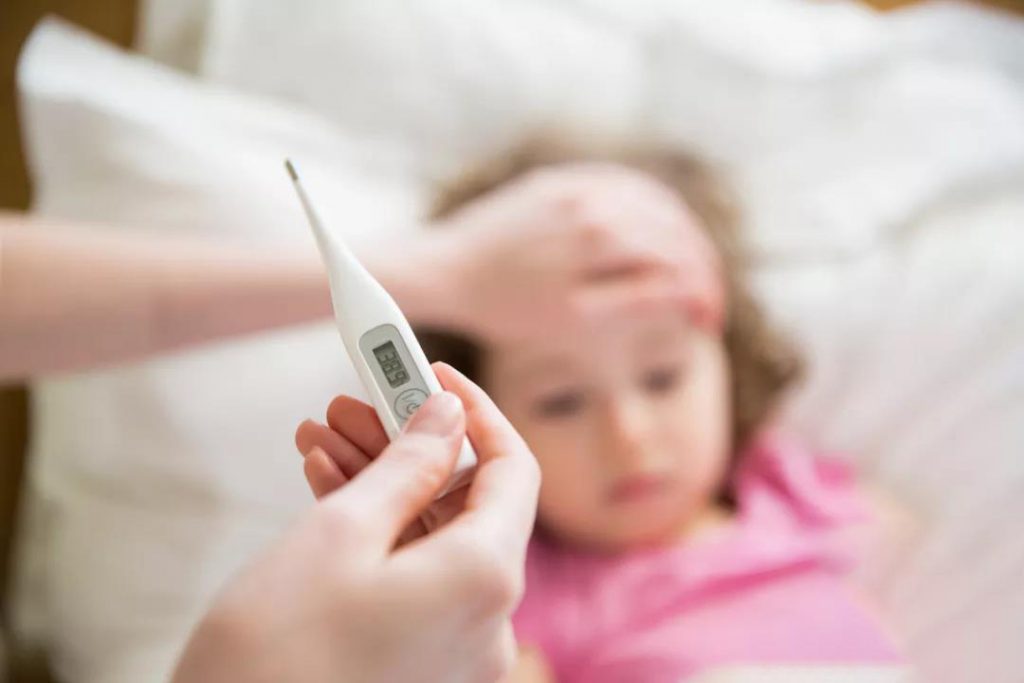
Because everyone’s situation varies greatly, there is no absolute best, fastest and most effective medication. Doctors will take symptomatic treatment to relieve symptoms according to the specific situation of patients:
For those with symptoms such as nasal congestion, decongestant should be used to reduce nasal congestion and relieve symptoms such as nasal congestion, runny nose and sneezing;
Patients with frequent sneezing, excessive runny nose and other symptoms should be treated with antihistamines;
For those with headache, fever, general muscle pain and other symptoms, antipyretic analgesics shall be used as appropriate;
Cough patients choose antitussive drugs;
Expectorant drugs are used for patients with excessive phlegm.
Colds are always bad. What problems should we be vigilant against?
Most common colds are self limiting, usually mild, short course, self-healing and good prognosis.
However, a few elderly, frail and people with more basic diseases, especially those with serious complications, such as COPD, can lead to poor prognosis due to serious complications.
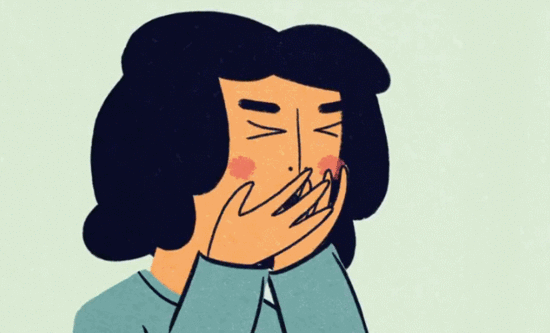
The complications caused by cold mainly include acute sinusitis, acute otitis media, throat wall abscess, asthma attack, cervical lymphadenitis, lower respiratory tract infection (tracheitis, bronchitis or pneumonia), and a few patients can be complicated with rheumatism, glomerulonephritis and viral myocarditis.
Once the condition of patients with common cold worsens, they should seek medical treatment in time to avoid further deterioration of the condition.
How to prevent a cold?
So, how to prevent colds?
Develop a good lifestyle and improve immunity, such as keeping a happy mood, not overeating, balanced nutrition, not staying up late, moderate exercise, not smoking and drinking less, etc;

Change clothes in time when the weather changes;
Wear masks and wash hands frequently in flu season;
Injection of influenza vaccine, but it should be noted that influenza virus vaccine is ineffective for the common cold and effective for influenza.
Comments